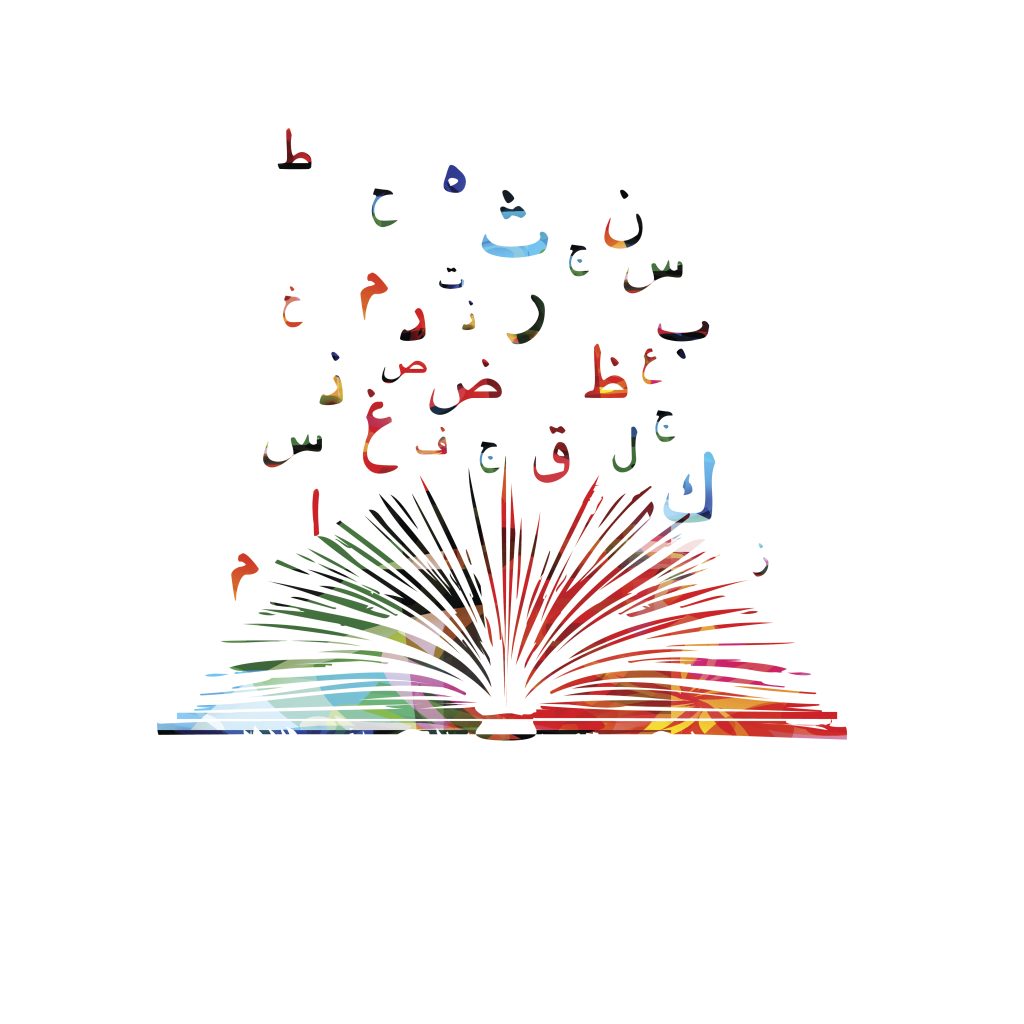
Despite an immediate drop in registrations after the October 7 Hamas attack in southern Israel, demand for online Arabic learning programs in the country has more than doubled in the last six months.
“After the initial shock of a few days, we saw double and triple the number of new students,” Gilad Sevitt, founder of Madrasa, a free online platform for Israelis to learn Arabic, told the Times of Israel.
“Before October 7, we had 50 Israelis every day registering to learn on the website, which is a lot. But there was a huge leap after, it was amazing to see,” he said.
Last summer, the liberal Israeli newspaper Haaretz published an article titled “The Most Political Act for Jews in Israel Is to Learn Arabic,” which sparked heated debate, so the uptick in online Arabic learning is not without controversy.
This growing interest in speaking and understanding Arabic shows that “the diverse motivations in learning Arabic became intensified” because of the war, Sevitt said.
These motivations are varied, he said, noting that he has access to real-time data on users’ reasons for deciding to learn Arabic because they fill out a questionnaire when signing up to the website.
“Fear became very central,” he admitted, but added that many want to learn “because we have to start communicating better with the Arabic world, with Arab Israelis and Palestinians, or the 24 Arabic-speaking countries around us.”
A “return to their roots” for Jewish Israelis whose family origins lie in Arabic-speaking countries is also a central motivation for many, he said. “The Arabic language and culture, for the Jews, was set aside. We had to differentiate ourselves to create the ‘new Israeli.’”
Many people who had thought about learning Arabic before October 7 suddenly said, “now’s the time,” he added.
According to the founders of another popular online platform for learning the language, Fanan Ledaber Aravit (Fun to Speak Arabic), a military background can actually increase awareness of the place Arabic can play in Israeli society.
Fanan, which is slang for “enjoyment” or “chilling,” was started in 2020 by a group who had served together in intelligence and, as a result of their experiences, collectively felt it was important for more Israelis to be able to understand Arabic.
Looking at the Arabic language “from a military or scholarly perspective only,” as the Israeli education system has traditionally done, “is a mistake,” said one of the founders.
“Learning a language also changes how you think and how you see the people who speak it. It’s not only a tool for knowing your enemy,” Sevitt concluded.






